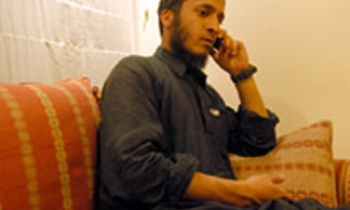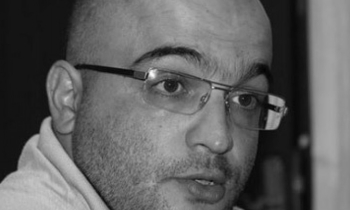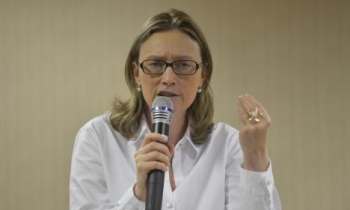NEW DELHI: The broadcasting bill, which triggered angry reactions from the media industry over stringent clauses contained in the draft proposal, appears to be in a limbo now.
Replying to a query on the sidelines of the cabinet briefing here on Thursday, information and broadcasting minister P R Dasmunsi said the government would consult the electronic and print media before finalising the bill.
Admitting that the consultation process could be lengthy, Dasmunsi indicated that there was a possibility of the bill not getting introduced in the forthcoming monsoon session of Parliament. So far, the intention of the government was to table the bill during the monsoon session.
In a related development, Prime Minister Manmohan Singh is learnt to have acknowledged the responsible role that the electronic and print media has played to maintain the unity of the country while covering the Mumbai bomb blasts this week. “I have been asked by the Prime Minister to convey this message,” Dasmunsi said after the Cabinet meeting.
As has already been reported, the proposed broadcasting bill contains clauses aimed at severely restricting the independence of the media.
While TV channel representatives have already met officials of the I&B ministry on the bill, Dasmunsi is expected to consult stakeholders of the print medium on the issue soon.
The minister stated that “all fears about the bill will be removed”. He added, “when the bill is introduced, it will be the most media-friendly legislation, not only in India, but in the world”.
As to when the bill would be introduced in Parliament, he said, “consultation takes time....We will take a chance this session. If not, we will try again.”
This is not the first time that the Broadcast Bill is getting stuck. Earlier in 1997, the Broadcast Bill was introduced, but could not be enacted. After tabling of the bill, a joint parliamentary committee was set up to examine it. And that was the end of the bill.
The media industry is objecting to various issues including the government role in the proposed Broadcasting Regulatory Authority of India (BRAI); the power of certain authorised officers to search and raid premises of broadcasters and distribution platforms; cross-media restrictions; mandatory carriage of Prasar Bharati channels on private platforms; and draconian conditions in times of war and natural calamities.
Opposing cross-media restrictions, Zee group chairman Subhash Chandra recently said that rules of the developed countries like the US can’t be duplicated in India. “India is a pluralistic society, unlike the single-language countries like the US,” he pointed out.
The government should “allow us to grow to international size and then impose global norms on us,” according to members of the Indian Media Group (IMG).
The draft bill, prepared by the I&B ministry, points out that every authorised officer will have the power to inspect, search and seize equipment of broadcasters or distribution platforms.
The authorised officers would also be empowered to prosecute, on a written complaint by the licensing authority, when a service provider has committed an offence under the Act.









